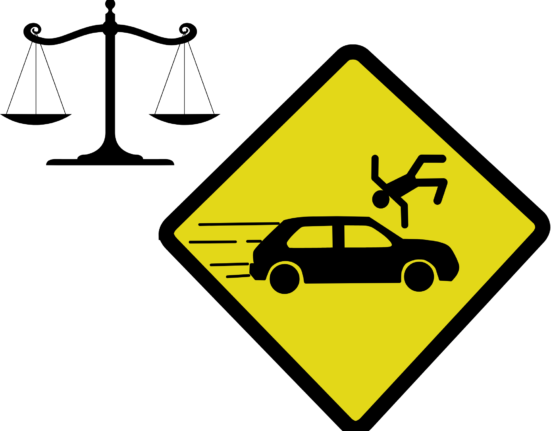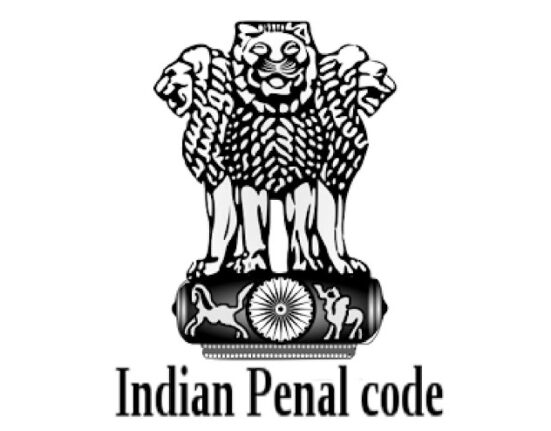The article “RG Kar Medical College Tragedy- Urgent Call for Justice and Reform” is written by Tej Sandilya, a third-year student at Gautam Buddha University
INTRODUCTION
This case sent shockwaves panning across India following the brutal rape and murder of a trainee doctor at RG Kar Medical College and Hospital in Kolkata on 9 August. The widespread protests, calls for systemic reforms in security and safety protocols, and a sense of rising outrage imply much more is happening than what has the potential to be written off as another India rape case simply. This case not only criticizes the grave issues concerning the safety of women in the country but also points to the complexities that exist within the legal framework and the institutional responses in the wake of such horrific crimes.
The case is that of the brutal murder of a young, promising lady trainee in medicine. Her body was recovered from the college seminar hall. Subsequent autopsy reports did confirm that she had been raped before she was murdered. The immediate response to such a gruesome crime was one of outright horror and outrage both within the medical community and the general public.
Indian criminal law, particularly Section 375 of the Indian Penal Code, describes rape and details the circumstances in which the consent may be considered ineffective. Critical steps must accompany any litmus test and use of strict definitions of sexual crimes to ensure that the outcome is just. The examination and prosecuting processes related to these crimes are carried out with the help of procedural standards to preserve the reliability of evidence and uphold a victim’s rights.
Sanjay Roy was the main suspect, caught shortly after the incident. His involvement with the crime raised quite a few questions regarding the security measures in the college, especially the civic volunteers, who were sometimes taken up on various duties to supplement staff.
LEGAL PROCEEDINGS AND REPRESENTATION
The victim’s family hired Vrinda Grover to further manage the case’s legal proceedings. Grover is a more prominent lawyer in the country and widely known to be a more relentless individual who ardently believes in the cause of women’s rights and human rights. In this case, with Grover by the side of the family, it appears that the victim’s family will have potent legal representation as courtroom experience in cases involving sexual violence and systemic injustices will play a significant role in the case. Grover was appointed after the primary counselling by Bikash Ranjan Bhattacharya, a sitting Member of Parliament. This shift reflects not only the high stakes involved but also the compelling requirements for a legal strategy that would focus on finer lines and wrinkles surrounding gender-based violence. The change in legal representation reflects the will of the family to team up with a legal representative who has won previous cases of the kind, especially since the case attracted much publicity and emotional sentiments surrounding it.
The hearing scheduled to take place on October 1 is highly anticipated since the legal team is extremely strong. This is a multi-layered case, as shown by such distinguished lawyers as Kapil Sibal, representing the West Bengal government, and in the same case, Indira Jaising and Karuna Nundy are arguing for the rights of medical professionals. Such prominent personalities in the case prove that it’s critical in the larger context of women’s safety and legal accountability in India. The suo-motu notice by the Supreme Court of India for this case draws excellent attention to its national significance and the considerable public outcry it has evoked.
The suo-motu message of the Supreme Court to take up this matter shows unequivocally that the crime is severe and there is an imperative need for swift and just legal action. This development was crucial in the case, putting it at the top of discussions regarding women’s safety in workplaces, mainly in the health sector, which has been spotlighted due to women’s vulnerability. The legal architecture of this case seeks to rehabilitate the individual victim and provoke systemic change within the medical institution. The conversation it sets off in the courts and possibly after that may lead to reforms that seek to make the working environment less dangerous for medical workers and restrain violence and harassment within the profession. It also raises a few crucial questions about the current safety structures and how various stakeholders, including government organs, will ensure a safe working environment.
Additionally, the case will attract major media coverage and street protests that will mark a new milestone in showing how far the justice system will go in observing society’s demand for accountability. The presence of an efficient legal team to represent the family of the victim will play a critical role during the hearings as they argue their case against individuals whose actions resulted in causing harm during the litigation process.
INSTITUTIONAL FAILURES
The tragic incident at RG Kar Medical College has exposed failures to the naked eye, glaring security lapses and systemic failures not only in the institution itself but also in the law enforcement machinery. The CBI, or the Central Bureau of Investigation, is now alarmed, saying that crucial evidence was tampered with at the Tala police station. The facts of the case are said to have been obscured through the creation of false records. Public trust in the process of investigation has once again been re-eroded. Accountability and transparency are once again called into question.
The CBI’s report on the inordinate delay in the seizure of evidence, especially those of the prime accused, talks of grave errors in the conduct of police. These will affect the credibility of such evidence substantially and impair the ambience of the fair pursuit of justice. The trend of reformation in the investigation process is loudly demanding.
While the proceedings were going on in the courts, an element of considerable criticism was the deployment of private security personnel in state-run health centres. Advocates of the counsel party, Indira Jaising and Karuna Nundy, have tested the efficacy of these contract employees, making it clear that the defendant, in this case, was a Civic Volunteer office that, raises pertinent questions over training and supervision proper and adequate. Chief Justice DY Chandrachud has echoed these concerns, emphasising that reliance on inadequately trained security personnel cannot guarantee the safety of vulnerable populations within healthcare settings.
Such institutional failures necessitate immediate and comprehensive reforms ranging from security in hospitals to the capacity to exert actual and consequential legal means better to enforce stricter investigation standards by law enforcement agencies. This situation highlights more than ever the need to establish workable mechanisms to fully safeguard people and maintain public confidence in the justice system.
CONCLUSION
The case of the trainee doctor raped and killed at RG Kar Medical College has now been the focal point of India’s discussion on safety and rights for women. With the court case proceeding, it is high time that the focus remains on transparency and thoroughness in the investigation to result in due accountability for the perpetrators. This is a case that epitomises not only personal tragedy in the aspect of death to the victim and her family but also a collective retribution on the part of society in its handling of women.
Problems caused by this case portray some significant lapses within the criminal justice system, especially in matters of sexual violence cases. The shortcomings are underscored by a lack of preparation on the part of the police, undue delays in evidence collection, and also, indeed, tampering with records. Failure cases still keep denting public confidence in the legal system and continue to discourage victims from reporting. Comprehensive reforms involving more robust investigative protocols, adequate victim service provision, and stiffer accountability measures for those in power must be highlighted.
More importantly, it yet again reminds society of the fact that violence against women is linked with much deeper societal issues, and the campaigns for education among the public can challenge such deeply rooted misogynistic attitudes. As public outcry continues and legal experts, activists, and citizens at large vie for justice, one hopes better change will be affected through this incident.
The coming weeks will be critical in building the jurisprudential context and the popular opinions toward this case across India regarding the rights and protection of women in society. All in all, the judiciary, civil society, and the media must engage with each other to make the outcome a turning point in the fight against gender-based violence and to create a safer environment for all women, in particular, those in professions demanding so much from them. After all, this case may become the turning point for rape crimes in India, and further reforms will be conducted to prioritise saving women’s rights at every stage of life.







Leave feedback about this